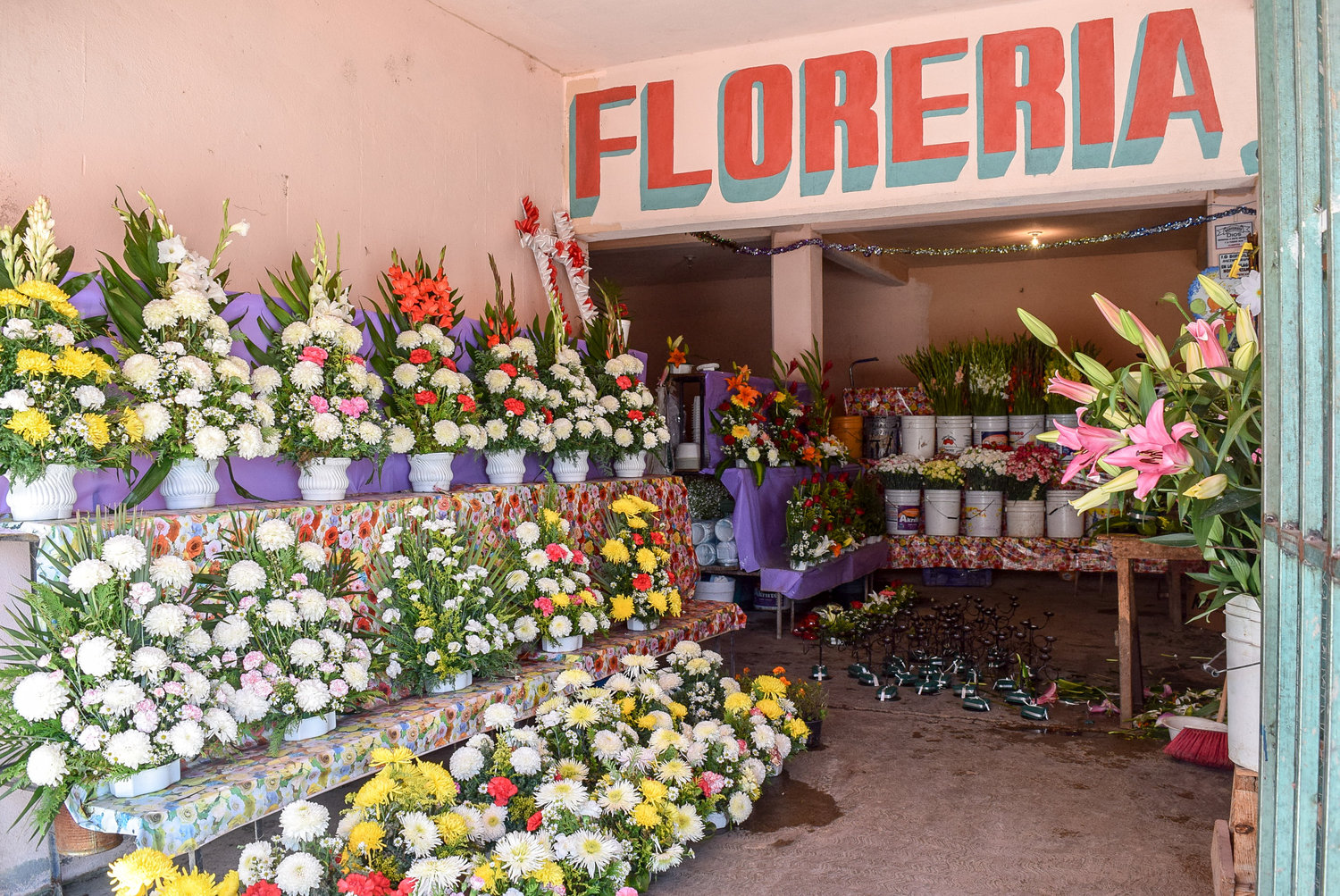8 Surprising Things I Learned as a Tourist in Mexico
Mexico, with its delicious foods, beautiful beaches, vast history, and warm people, is one of my favorite countries to travel in. I've enjoyed seeing the spectacle of Día de los Muertos in San Miguel de Allende, jumped into bio-luminescent lagoons at midnight in Oaxaca, kayaked the serene Laguna Bacalar, weaved through the endless traffic of Mexico City, and participated in a traditional callejoneada in Guanajuato.
Throughout my travels in Mexico I've learned that, like any other country, Mexico is rich in its own idiosyncrasies, some of which have slowly become more obvious to me each time I visit. Without further ado, here are 8 surprising things I've learned as a tourist in Mexico!
#1. Chiles go on (almost) everything.
Fresh, dried, ground up, sliced - Mexicans love chiles for their flavor, texture, and heat. They are used in and on almost everything, including salsas, sauces, and even sweet foods like pineapple and mango.
#2. Wearing a seat belt is a suggestion, not a rule.
As a tourist, it can be shocking to see parents not buckling up their children, let alone themselves. While wearing a seat belt is technically the law in Mexico, hardly anyone buckles up. It's not exactly something that is enforced either - if someone does happen to get pulled over, Mexican police officers will often happily accept a bribe in exchange for not writing a ticket.
#3. When Mexicans say ahorita it can mean everything from "right now" to "in a little while" to "never".
If you're in Mexico and someone says "ahorita" to you, it can be slightly confusing. Although ahorita literally translates to "right now", for Mexicans it can mean everything from "now" to "in a little while" to "never". For a foreigner, it can be really difficult to gauge the intended meaning. It's simply a part of Mexican culture, so don't take it personally if what they say doesn't quite line up with what they do.
#4. Mexicans are more aware of their surroundings in regards to safety.
As a Canadian, I've never had to worry much about safety or security when going out or traveling within my home country. In Mexico, it's a different story. Mexicans, especially those who live in metropolitan areas like Mexico City or Guadalajara, are very aware of their surroundings, including the people around them. Too often, women are inappropriately touched in the subway, passengers on city buses are robbed at gun-point, and wallets or phones are pick-pocketed. As these occurrences have unfortunately become normalized in many places in Mexico, locals have been taught from a young age to be more alert, and as such it comes as almost second nature to them.
#5. The food is absolutely delicious, but far from healthy.
Tacos, chilaquiles, enchiladas, tortas - there's absolutely no doubt that Mexican cuisine is incredibly tasty! However, with many dishes being deep fried, greasy, topped with queso, and served with a bottle of Coca-Cola, it's no wonder that Mexico's obesity rate is far too high. On top of that, many Mexicans love eating sugar-loaded sweets and snacking on heavy foods late into the night which doesn't help the health crisis either.
#6. Time is a relative thing.
Did you agree to meet a Mexican friend for dinner at 8 pm? Are you waiting for a tour company to pick you up at an agreed upon time? It really doesn't matter where you are in the country, time seems to be a relative thing. Don't expect anyone to show up on time, and again, don't take it personally when you're punctual and they show up way later without so much as an acknowledgement of their tardiness, let alone an apology.
#7. Traffic laws? What traffic laws?
Green, yellow, and red traffic lights all seem to mean the same thing to Mexicans. The horn is honked frequently, indicators are rarely used, and most people go way too fast. Traffic laws are completely ignored here because they can be. (P.S. - If you're planning on driving in Mexico, don't forget to watch out for those potholes.)
#8. A Mexican's version of spiciness is definitely not the same thing as a non-Mexican's version.
Mexican children are often introduced to eating spicy foods at a young age so their tolerance is far greater than the rest of us. Oftentimes if a local tells you something isn't spicy, it may very well still be far too hot for you. If you're not a big fan of spicy foods, when dining out in Mexico be sure to ask "es picante?" (is it spicy?) to see if you'd like to venture a bite.


